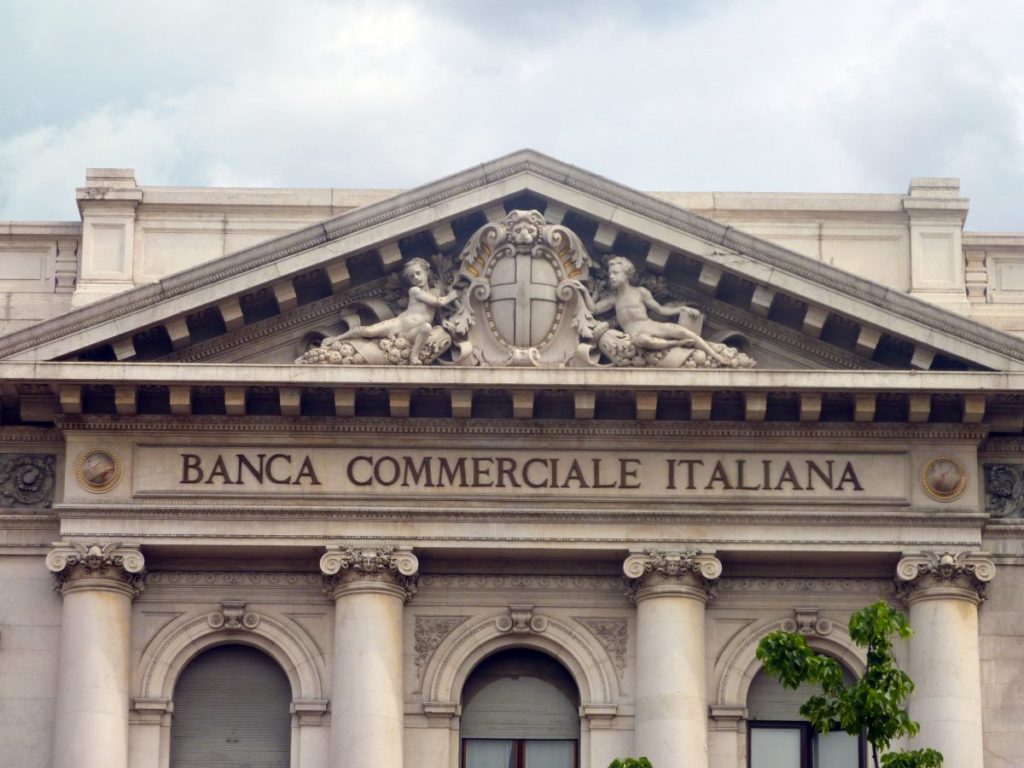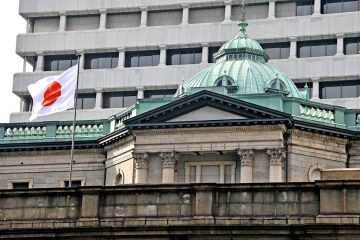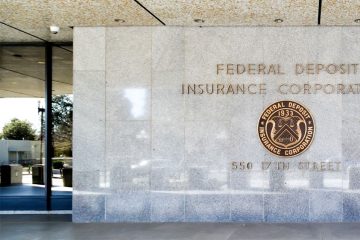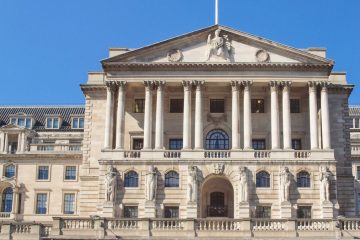The Italian government late Monday asked lawmakers to approve the creation of a 20 billion euro ($ 21 billion) safety net to underwrite the stability of its wobbly banking sector.
The new facility could be needed as early as this week, starting with a likely bail-out of No. 3 lender, Monte dei Paschi di Siena (MPS).
MPS, recently judged the weakest of the European Union’s major banks, needs to dispose of a mountain of bad loans and raise 5 billion euros in capital by the end of this month or else face the risk of being wound down by the European Central Bank. If it fails to save itself, it would set a bad precedent for a handful of other Italian lenders who also need fresh capital. It could also undermine the efforts of Unicredit, Italy’s most internationally important bank, to bolster its balance sheet.
Italy’s Economy minister Piercarlo Padoan said Monday the money it was seeking could be used to guarantee adequate liquidity in the banking system.
“These resources could also be used as part of a program to boost capital at banks,” he said in a press conference.
A government bailout could come as early as this week, if Monte dei Paschi fails to pull off its own privately funded rescue plan.
But it could prove to be politically explosive for the week-old administration of Prime Minister Paolo Gentiloni, who replaced Matteo Renzi as Prime Minister after voters rejected Renzi’s plans for electoral reform in a referendum at the start of the month. Under EU bailout rules, investors are required to bear losses before taxpayers’ money can be injected into struggling banks.
Earlier Monday, MPS received some rare good news in relation to its faltering rescue plan. A key investor that was reconsidering its commitment to the plan issued a statement saying that its concerns had been resolved.
“(Quaestio)… has agreed to approve the Term Sheet for the senior bridge loan as agreed with the financing banks,” the investor, private bank rescue fund Atlante, said.
Atlante was created by Renzi in April with the apparent intent of injecting state-guaranteed money into banks while being structured as a notionally ‘private’ investor. It has now committed to spending 1.5 billion euros to buy some of Monte dei Paschi’s bad loans, despite having expressed “deep reservations” in a Dec. 17 letter over the terms of a bridge loan that Monte dei Paschi had secured as part of the sale of bad loans.
But offloading bad loans is only part of what MPS has to do to stay afloat. It’s currently running a 5 billion euro cash call on existing holders of its shares and its junior bonds. That’s meant to conclude on Thursday, but is not underwritten by a consortium of investment banks. If it fails, it fails.
Neither Atlante’s support nor the government’s plan for a safety net was enough to support Monte dei Paschi’s shares Tuesday. After falling 9% on Monday, they were down another 1.2% in early afternoon trading in Milan. They’re down over 90% over the last two years.
Reports last week suggested that the government would only inject capital into Monte dei Paschi after the forced conversion of 4.1 billion euros worth of subordinated bonds into shares. That’s a problem for the government because nearly two-thirds of those bonds are held by retail investors, many of whom claim that the bank misrepresented the bonds as being nearly as safe as deposits.










